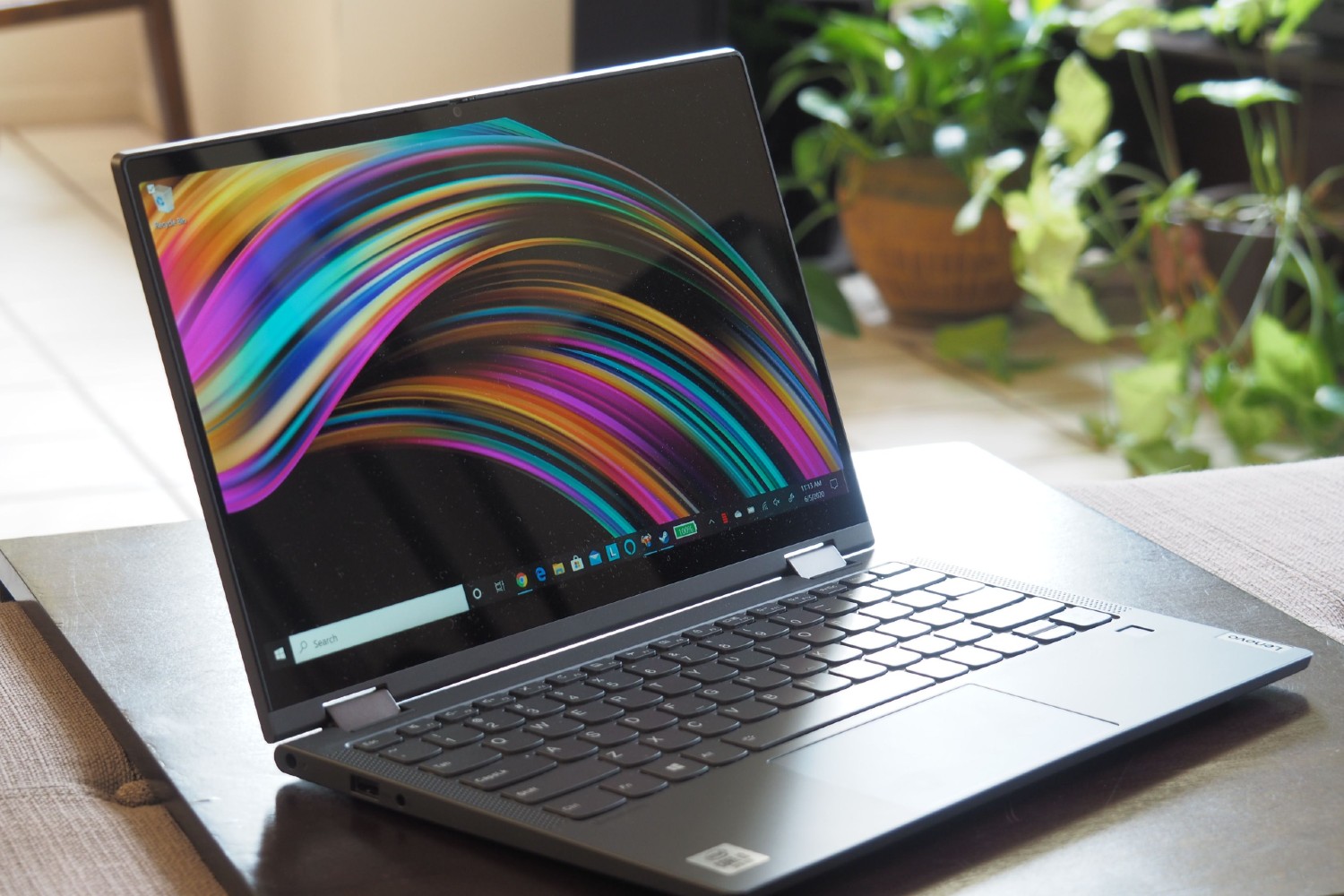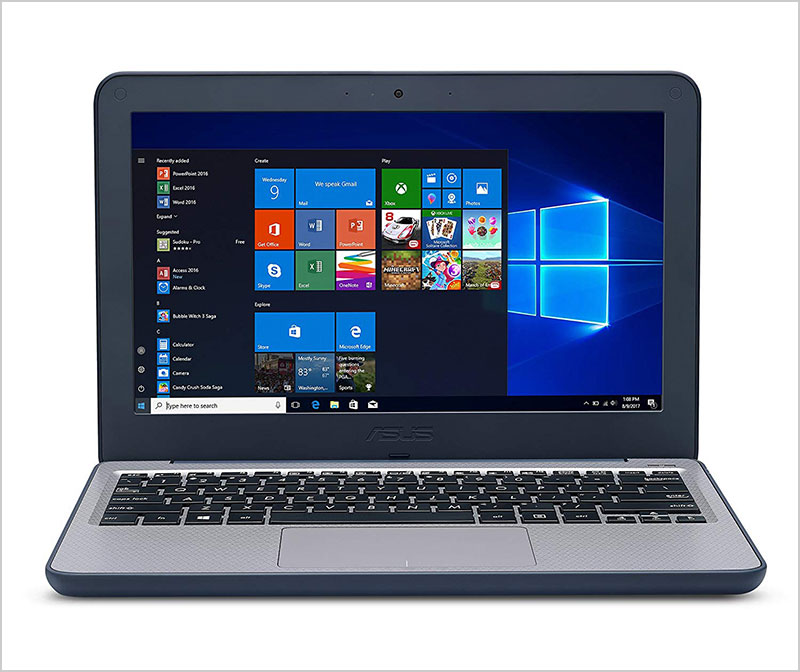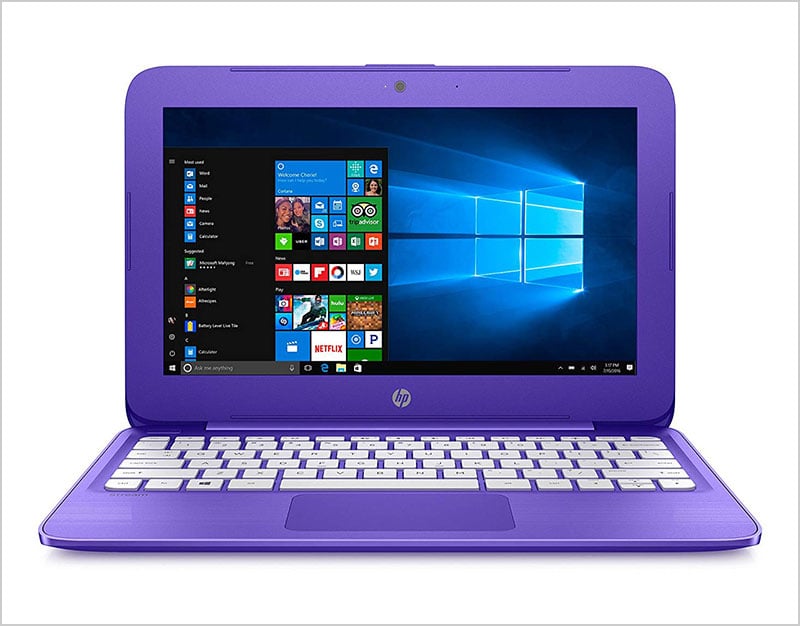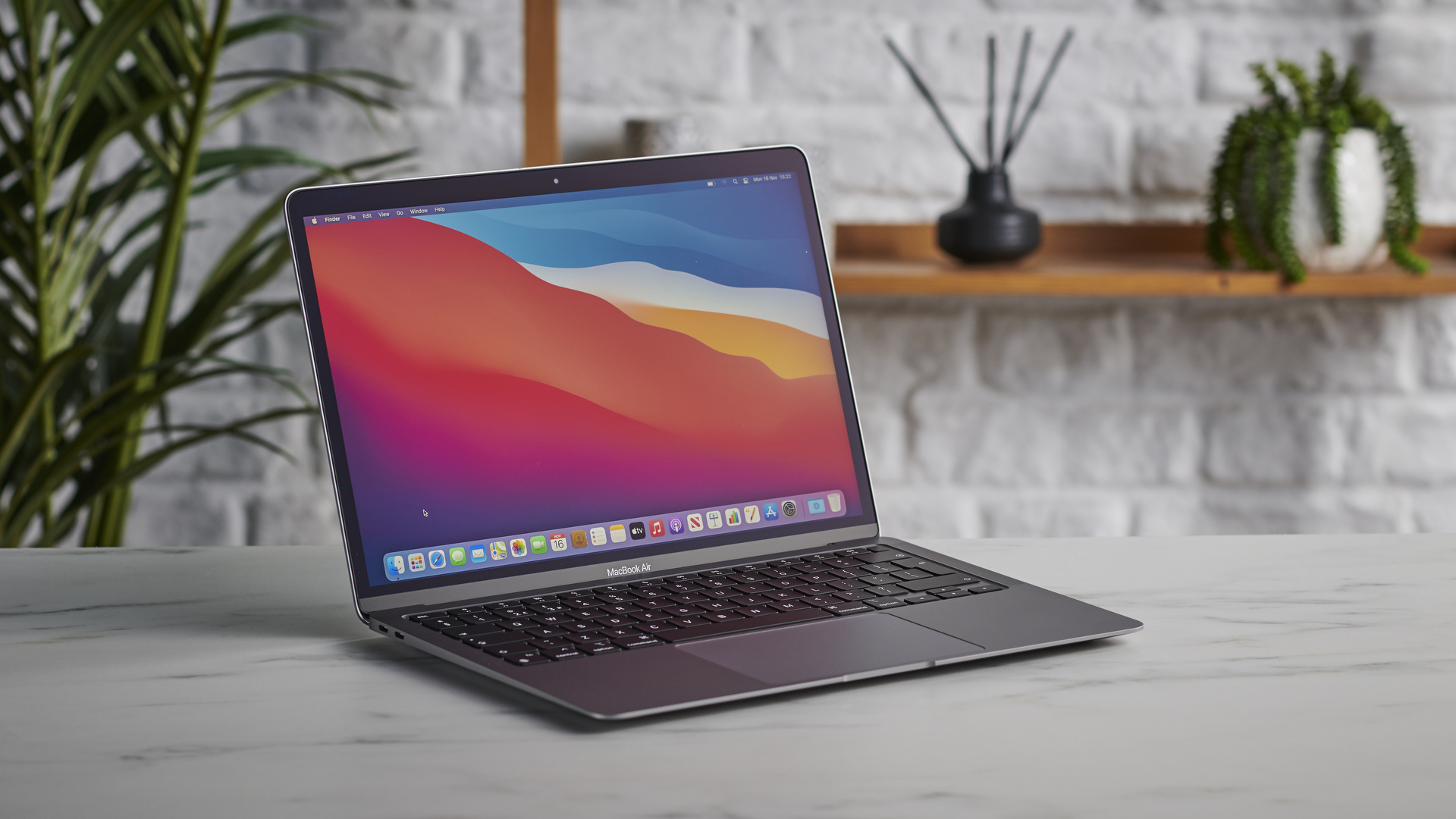Best Economical Laptop 2020

So, you're on the hunt for a new laptop but don't want to break the bank? You're not alone. This guide is for first-time laptop buyers who need a reliable machine without emptying their wallets.
We'll cut through the jargon and focus on what truly matters for budget-conscious consumers in 2020. A good laptop can be your gateway to education, work, and entertainment.
Why an Economical Laptop Matters
For many, a laptop isn't a luxury; it's a necessity. It allows you to connect, learn, and earn a living.
Finding the right balance between price and performance is key, which is what we'll help you achieve.
Top 5 Economical Laptops of 2020: A Comparison
Here's a quick look at some top contenders. Prices may vary slightly depending on the retailer and availability.
| Model | Price (USD) | Processor | RAM | Storage | Warranty |
|---|---|---|---|---|---|
| Lenovo IdeaPad 3 | $350 | AMD Ryzen 3 | 8GB | 256GB SSD | 1 Year |
| HP Chromebook 14 | $300 | Intel Celeron | 4GB | 32GB eMMC | 1 Year |
| Acer Aspire 5 | $400 | AMD Ryzen 5 | 8GB | 256GB SSD | 1 Year |
| Dell Inspiron 15 3000 | $380 | Intel Core i3 | 8GB | 1TB HDD | 1 Year |
| ASUS VivoBook L203MA | $250 | Intel Celeron | 4GB | 64GB eMMC | 1 Year |
Detailed Reviews
Lenovo IdeaPad 3
The Lenovo IdeaPad 3 offers a good balance of performance and price. The AMD Ryzen 3 processor is capable enough for everyday tasks.
Its 8GB of RAM ensures smooth multitasking, and the 256GB SSD provides quick boot times.
The build quality is decent for the price, though it's mostly plastic.
HP Chromebook 14
For cloud-based work, the HP Chromebook 14 is a great option. It's lightweight, portable, and runs Chrome OS, which is known for its simplicity and security.
However, the Intel Celeron processor and 4GB of RAM might feel limiting for demanding tasks. Storage is also limited to 32GB, relying heavily on cloud storage.
Acer Aspire 5
The Acer Aspire 5 packs a punch with its AMD Ryzen 5 processor. It's a step up in performance compared to the other options.
The 8GB of RAM and 256GB SSD provide a smooth user experience. The display is decent, though not the brightest.
Dell Inspiron 15 3000
The Dell Inspiron 15 3000 is a reliable workhorse. The Intel Core i3 processor is sufficient for everyday computing, and the 8GB of RAM allows for multitasking.
However, the 1TB HDD is slower than an SSD, which can impact boot times and application loading speeds.
It has a larger screen compared to some other models, which can be beneficial for some users.
ASUS VivoBook L203MA
The ASUS VivoBook L203MA is the most budget-friendly option. It's incredibly lightweight and portable.
However, the Intel Celeron processor and 4GB of RAM are only suitable for very basic tasks. The 64GB eMMC storage is also quite limited.
Used vs. New: A Tough Choice
Buying a used laptop can save you money. However, it comes with risks.
Used Laptops: Pros
- Lower Price: Significant savings compared to buying new.
- Higher Specs for the Price: You might get a higher-end model from a previous year for the same price as a new budget laptop.
Used Laptops: Cons
- Uncertain History: You don't know how the laptop was treated.
- Shorter Lifespan: The battery and other components may be nearing the end of their lifespan.
- No Warranty: Most used laptops don't come with a warranty.
New Laptops: Pros
- Warranty: Protection against defects.
- New Battery: Longer battery life.
- Latest Technology: Access to the newest features and software.
New Laptops: Cons
- Higher Price: More expensive than used options.
- Potentially Lower Specs: You might have to settle for lower specifications to stay within your budget.
If you choose to buy used, thoroughly inspect the laptop and test all its features. Consider buying from a reputable seller with a return policy.
Reliability Ratings by Brand
Some brands have a better reputation for reliability than others. This is based on customer reviews and industry reports.
- Lenovo: Generally considered reliable, especially their business-oriented models.
- HP: Reliability can vary depending on the model, but they are generally a decent choice.
- Acer: Good value for the price, but reliability can be a concern for some users.
- Dell: Known for their robust build quality and reliability.
- ASUS: A good balance of performance and reliability.
Keep in mind that these are general trends, and individual experiences can vary.
Checklist: 5 Must-Check Features Before Buying
- Processor: Ensure it's powerful enough for your needs. Look for Intel Core i3 or AMD Ryzen 3 as a minimum.
- RAM: 8GB is recommended for smooth multitasking.
- Storage: An SSD (Solid State Drive) is much faster than an HDD (Hard Disk Drive). Aim for at least 256GB SSD.
- Screen: Check the screen resolution and brightness. A Full HD (1920x1080) resolution is preferable.
- Battery Life: Consider how long you need the laptop to last on a single charge.
Summary
Choosing the best economical laptop involves balancing price, performance, and reliability. Consider your specific needs and usage scenarios.
We reviewed top models like the Lenovo IdeaPad 3, HP Chromebook 14, and Acer Aspire 5. We also weighed the pros and cons of buying used versus new, highlighting the importance of warranty and battery life.
Remember to check the processor, RAM, storage, screen, and battery life before making a decision. Each specification is very important to get the most out of your machine.
Take Action!
Now that you're armed with this knowledge, it's time to start your search! Visit online retailers, read customer reviews, and compare models to find the perfect economical laptop for your needs.
Consider all the factors mentioned above to make an informed decision you won't regret. Happy shopping!







/cdn.vox-cdn.com/uploads/chorus_asset/file/19951260/VRG_4013_Best_Laptop_Grid.jpg)










